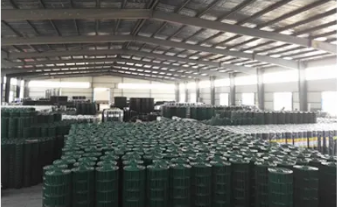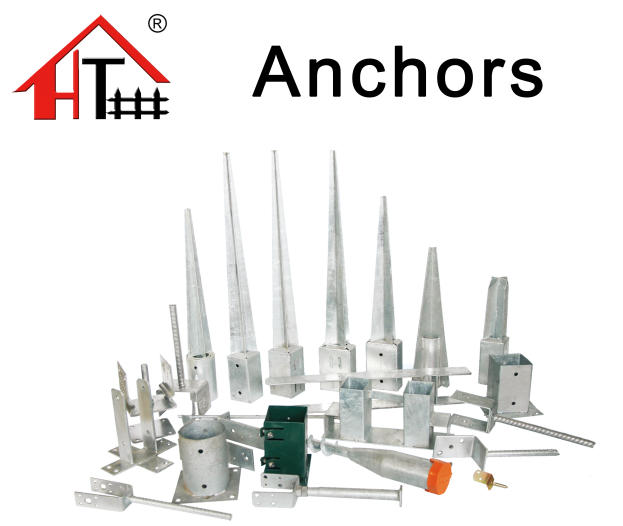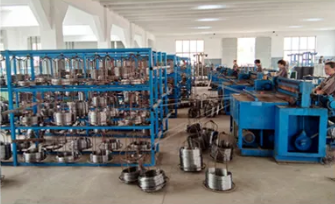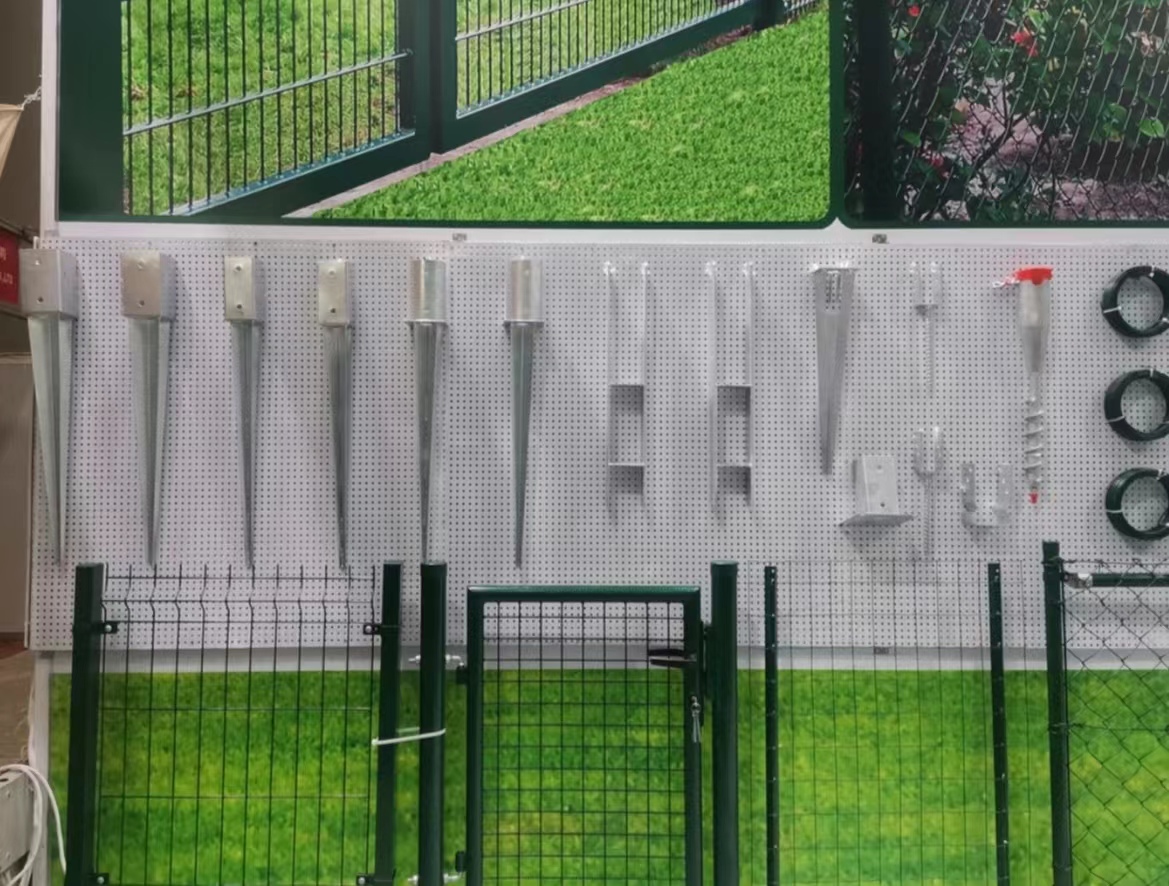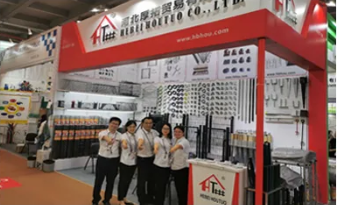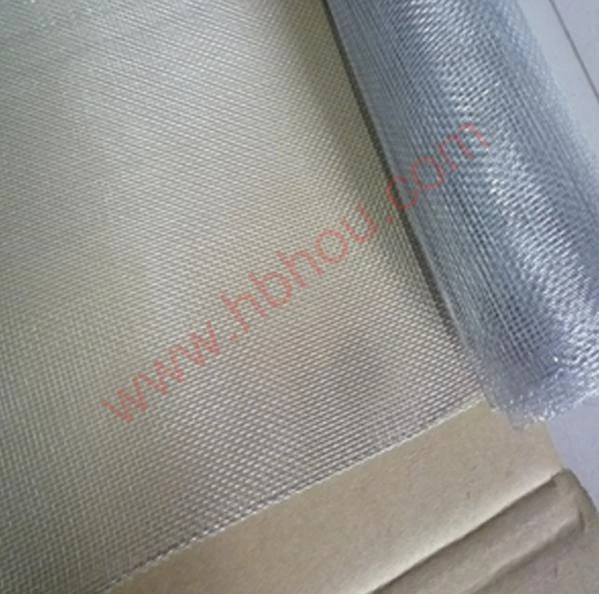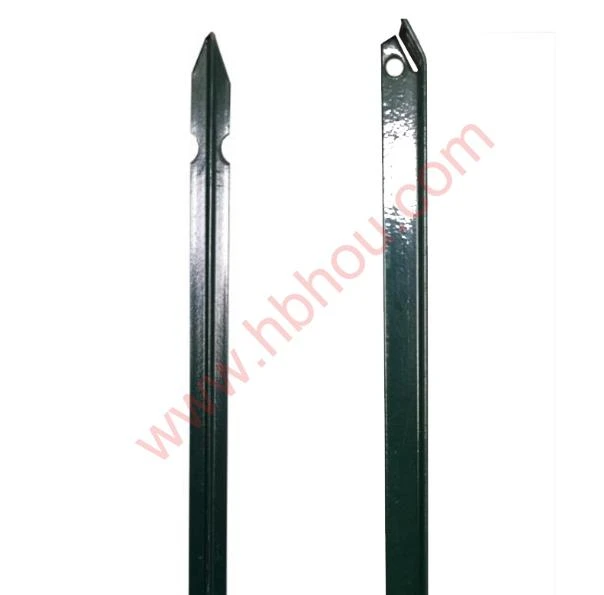Understanding Window Screen Prices Factors and Considerations
When it comes to home improvement and maintenance, window screens are often an overlooked but essential component. They play a vital role in keeping bugs out, improving airflow, and enhancing energy efficiency. However, many homeowners may find themselves wondering about the cost of window screens and what factors influence these prices. In this article, we'll explore the different elements that affect window screen pricing and provide insights into how to make informed purchasing decisions.
Types of Window Screens
The first factor impacting window screen prices is the type of screen selected. There are various kinds of screens available on the market, including
1. Fiberglass Screens These are among the most common and affordable options. They are lightweight, durable, and resistant to rust or corrosion. Prices typically range from $10 to $40 per screen, depending on size and brand.
2. Aluminum Screens Slightly more durable than fiberglass, aluminum screens are stronger and provide better protection against wear and tear. However, they can be heavier and may dent under impact. Prices can range from $15 to $50.
3. Solar Screens Designed to block UV rays and reduce heat, solar screens are often more expensive than standard options. They can help lower energy costs by keeping homes cooler. Prices for solar screens typically range from $20 to $100.
4. Pet Screens Made from stronger materials to withstand scratching and tearing from pets, these screens offer durability at a premium price. Expect to pay anywhere from $30 to $80.
5. Retractable Screens These innovative products provide flexibility, allowing homeowners to open windows without removing the screens. They are more costly, typically ranging from $100 to $300.
window screen price
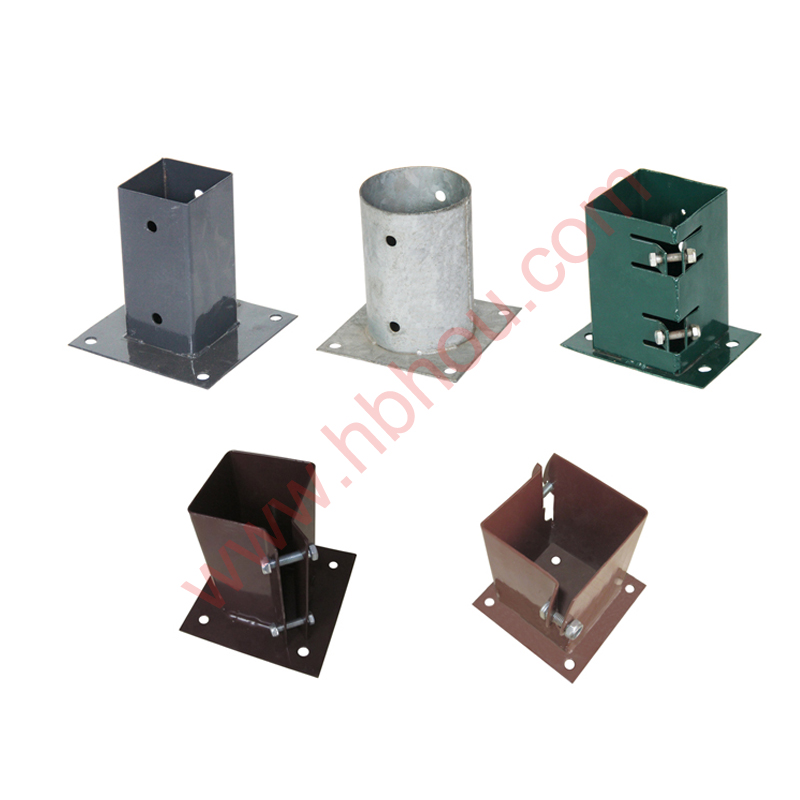
Size and Customization
Another significant factor in window screen pricing is size and customization. Standard-sized screens are generally less expensive due to their mass production. However, homeowners with non-standard or custom window sizes may face higher prices due to the need for bespoke solutions. Custom screens can range from $50 to several hundred dollars, depending on the complexity of the design.
Installation Costs
Installing window screens can be a simple DIY project, but many homeowners opt for professional installation, which can add to the overall price. Installation fees vary by region and complexity of the job, but they typically range from $50 to $150 per screen. It’s essential to factor in these costs when budgeting for new window screens.
Materials and Quality
The quality of the materials used in window screens can greatly affect their price. Premium screens, made from high-grade materials, may cost more initially but can provide long-term savings through durability and reduced maintenance needs. Investing in higher-quality screens may also improve energy efficiency, which can lead to savings on utility bills over time.
Conclusion
When considering window screens, understanding the various factors that contribute to their pricing is crucial for making informed decisions. From the type of screen to size, customization, installation costs, and material quality, each aspect plays a pivotal role in determining the overall cost. By weighing these factors against personal needs and budget, homeowners can ensure they select window screens that not only meet their functional requirements but also enhance their home’s value and comfort. Whether opting for affordable fiberglass screens or investing in high-performance solar screens, informed consumers can find the right solutions for their homes while staying within budget.









